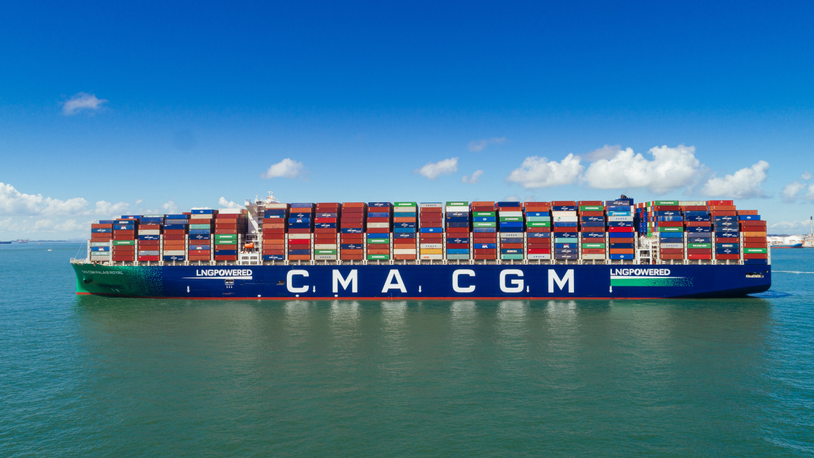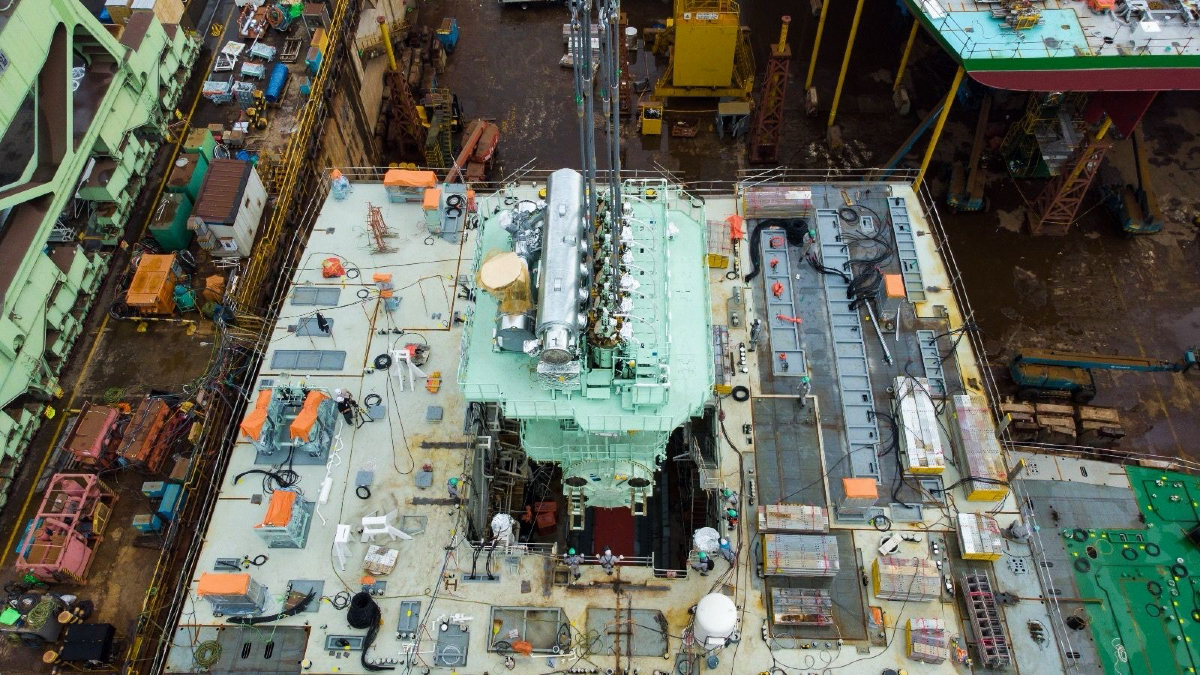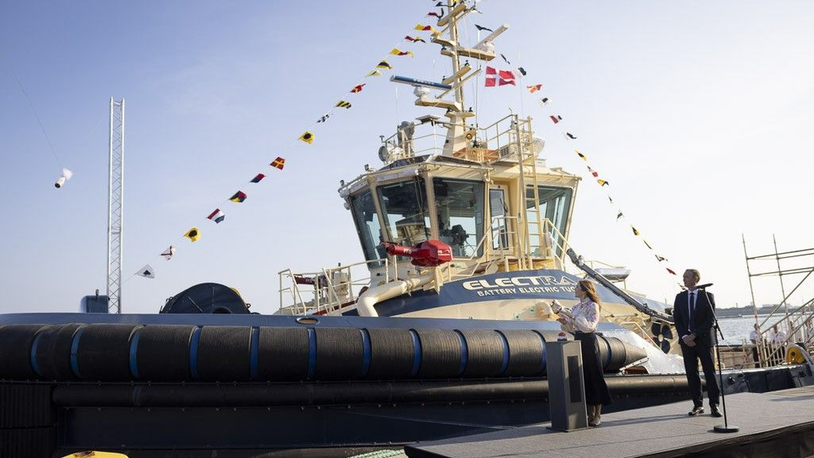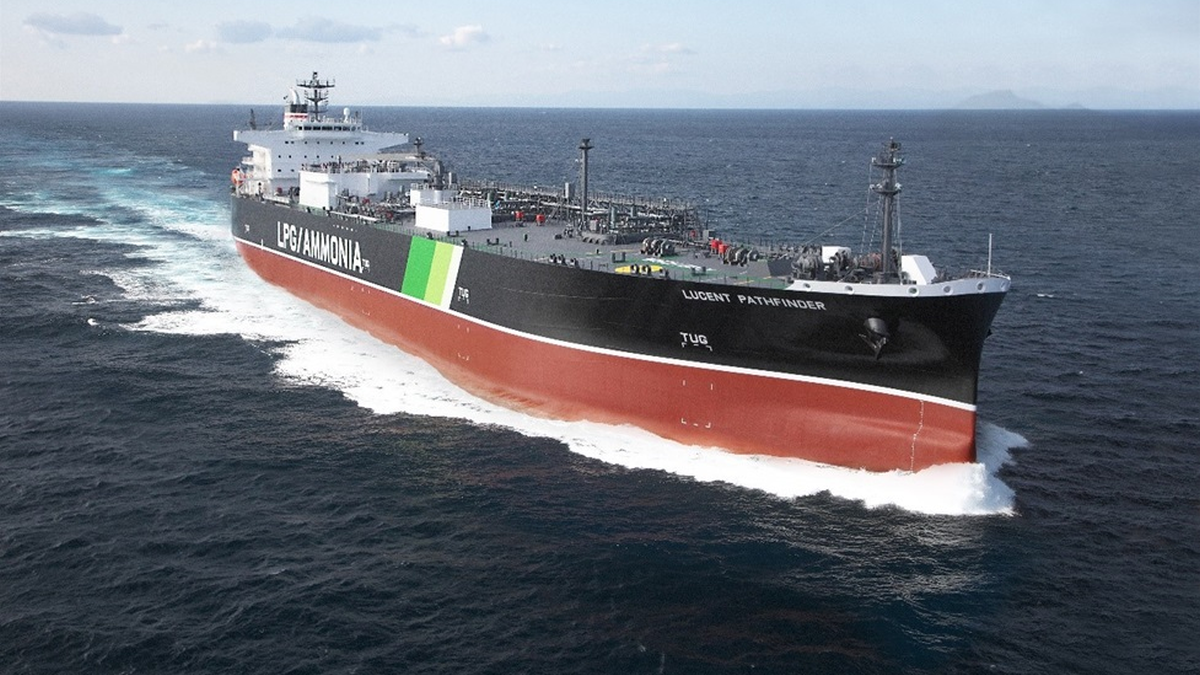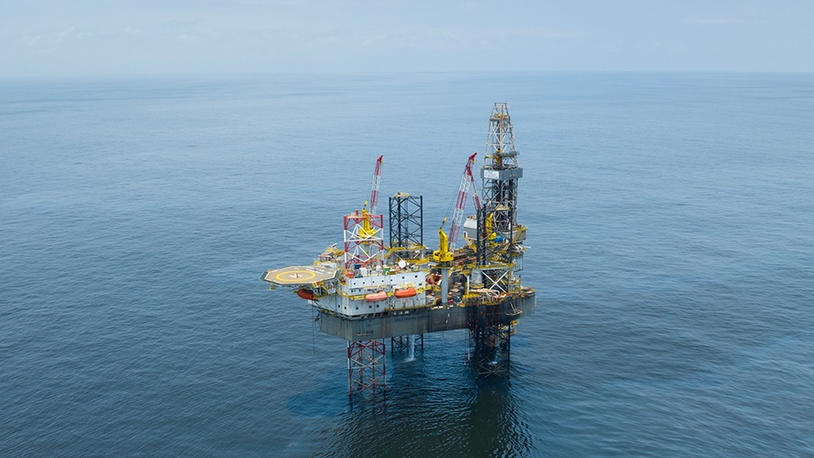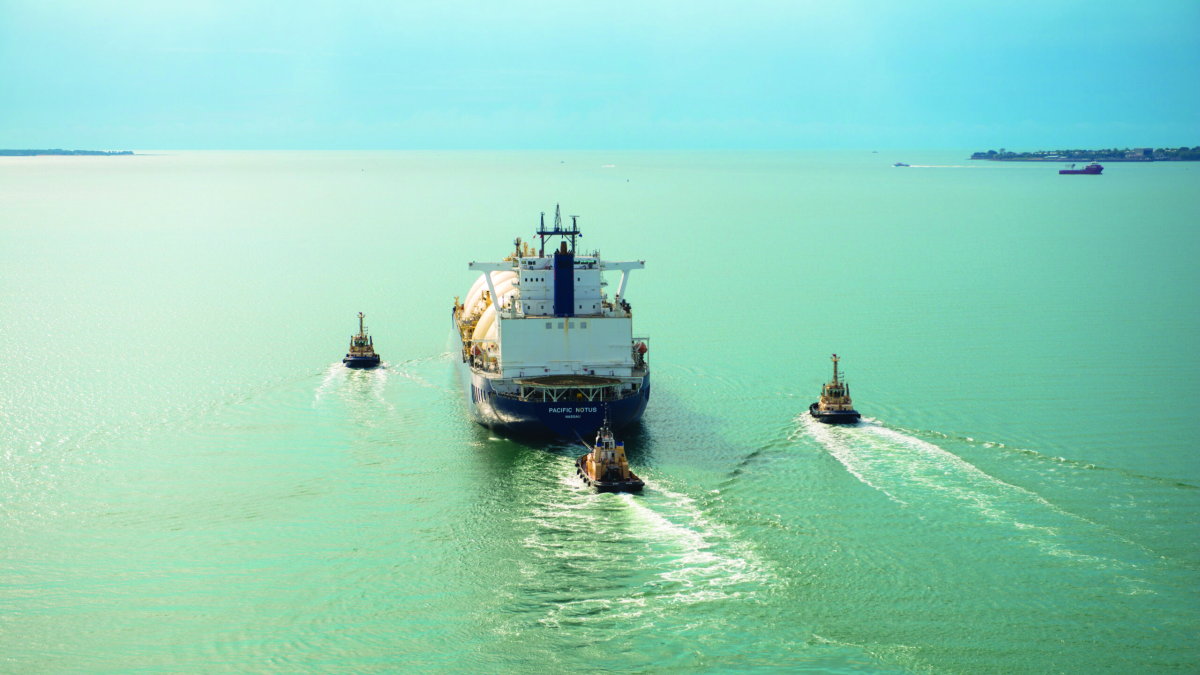Business Sectors
Events
Floating energy: successfully unlocking stranded gas using FLNGs and FSRUs
Contents

Will OPEC's cuts trigger NOPEC?
Poten & Partners’ analysis looks at the potential unintended consequences of OPEC’s oil production output cut
During their first in-person meeting since Covid hit in 2020, the members of the OPEC+ oil production cartel decided this week to cut their product quota by 2M barrels per day (b/d), starting in November.
Because many OPEC members are already producing well below their quota, the actual cut in in output will likely be around 860,000 b/d, with Saudi Arabia taking the lion’s share (440,000 b/d). The other OPEC members that will likely cut production are also in the Middle East: the United Arab Emirates, Kuwait and maybe Iraq. Russia, a key member of the OPEC+ consortium, is already producing well below its quota and is not directly impacted by the required cut (although it will benefit from higher prices).
OPEC+ insists the decision is not political but purely based on projected supply/demand balances. It is meant to provide “security and stability to the energy markets.” At face value, a substantial output cut by several key Middle Eastern oil producers would be a negative for the tanker market. However, the fate of the tanker market over the next six months will also be influenced by the pending EU ban on seaborne Russian crude and product imports, the winding down of US releases from the Strategic Petroleum Reserve (SPR) and the potential recovery of Chinese oil demand.
Oil consuming countries in the West, and the US in particular, criticised the OPEC+ move, calling it “disappointing and short-sighted”. In an initial response, the White House has indicated it will release an additional 10M barrels from the SPR, on top of the 180M barrels it already committed earlier this year. Further releases could follow, but the SPR is not an unlimited reservoir of oil. The SPR, which has a capacity in excess of 700M barrels, started this year at 594M barrels. By 30 September, the reserves were already down to 416M barrels, the lowest level in 40 years. With more oil to be released, the US SPR will be below 400M barrels by the end of 2022. There are no minimum requirements for US reserves, but since it is meant to cover a potential supply disruption, continued sales would create its own set of risks.
Politicians on both sides of the isle have also called for direct “consequences” for OPEC members. One of those would be the passing of the so-called “No Oil Producing and Exporting Cartels” (NOPEC) bill. Passing this law would effectively revoke the sovereign immunity that has protected OPEC+ members and their national oil companies from antitrust lawsuits. It is not clear how this law could be enforced, but if implemented, there are possible unintended consequences, which would counter the objectives of the government.
For example, the American Petroleum Institute has long opposed NOPEC, because it could destabilise the marketplace. OPEC countries have some of the lowest oil production costs in the world. If NOPEC is successfully implemented and causes OPEC to abandon its production agreements, the market could be flooded with cheap oil. While this may be a short-term positive for both the oil and tanker markets, it would also discourage oil production in the United States, Canada, Norway and other non-OPEC countries. This will make the world even more dependent on production from the Middle East and Russia.
There are also reports the administration is again exploring an export ban on petroleum products in the worst-case scenario of shortages around the country. This is both highly unlikely as well as counter-productive. Chances are that the product tanker market would benefit from such a move.
A former CIA analyst previously commented, “It’s always a bad idea to make policy when you are angry.” Therefore, the most prudent course of action would probably be to wait and see how the oil markets react and to determine to what extent these production cuts will actually be implemented. The enactment of the EU import ban in early December could throw the oil market another curveball.
The ultimate impact on crude oil and product tankers is hard to predict. Less output is bad, but longer transport distances and higher inefficiencies due to a forced reshuffling of trade flows could negate the impact on freight rates.
The Tanker Shipping & Trade Conference, Awards & Exhibition will be held 9-10 November 2022. Register your interest and access more information here
Related to this Story
Events
Floating energy: successfully unlocking stranded gas using FLNGs and FSRUs
© 2024 Riviera Maritime Media Ltd.


